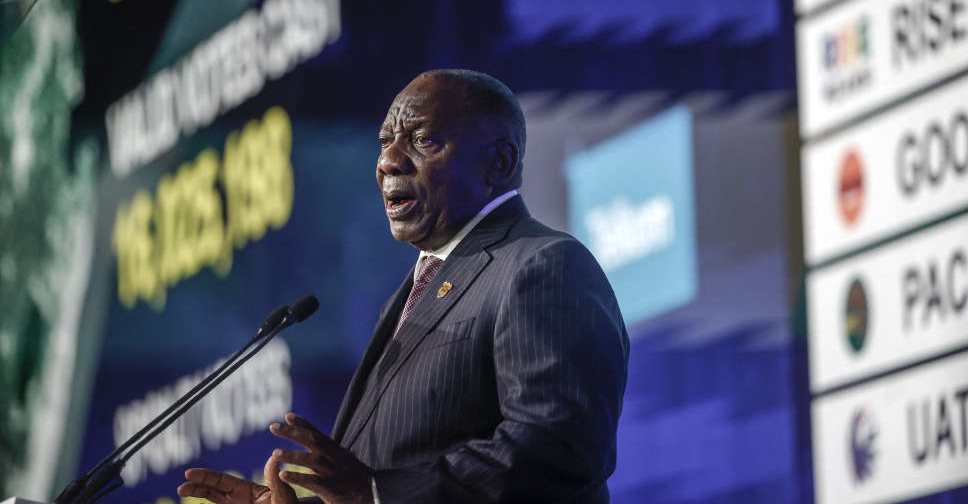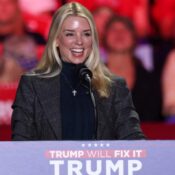
ANC’s inclination in South Africa toward a government of national unity
Citing the results of the election last week in which it lost its governing majority, the African National Congress stated on Wednesday that it is inclined toward attempting to build a government of national unity in South Africa with a broad coalition of parties.
According to ANC spokeswoman Mahlengi Bhengu-Motsiri, the party has been in talks with five parties, including the Marxist Economic Freedom Fighters (EFF) and the free-market Democratic Alliance (DA).
“I think the most important thing is to ensure that when the options that have been set out, such as a government of national unity, such as a minority government, are explored by the National Executive Committee tomorrow, that the best option would be looked at,” she added.
“At this point in time the conversation is looking at the government of national unity because this is what the people of South Africa said to us.”
Since Nelson Mandela brought the ANC to power in the 1994 elections that signaled the end of apartheid, the ANC has ruled South Africa. However, voters this time punished the ANC for enduring poverty and unemployment, widespread crime, corruption, and regular power outages.
The African National Congress (ANC), which is still the largest party but can no longer rule alone, declared that it was resolved to bring the widest possible spectrum of society together as it tackled what it called the pressing need to break the impasse.
“We have been meeting with all parties that are keen to contribute ideas on how we can collectively move our country forward,” said Bhengu-Motsiri.
Politicians, voters, and the financial sector have all been waiting impatiently for signs that one or more of the major political parties will form the next national government.
ZERO FACTOR
Out of 400 seats in the next National Assembly, the ANC will hold 159, while the DA will hold 87. With 58 seats, the far-right Patriotic Alliance will have nine, the socially conservative Inkatha Freedom Party will have 17, the EFF will have 39, and the populist uMkhonto we Sizwe (MK), led by former president Jacob Zuma, would have 17.
The DA, which is ardently pro-business and supports abandoning several of the ANC’s Black empowerment initiatives on the grounds that they have failed, is much preferred by the business community and investors.
The EFF’s policies, such as nationalizing banks and mining and giving land to Black farmers instead of White ones, have made it much less popular in markets and the private sector.
As Bhengu-Motsiri spoke, the rand currency continued to lose ground in erratic trading, at one point falling more than 1% versus the US dollar.
She added that after approaching MK, the ANC was turned down.
“We still have our door open,” she stated.
MK, a recent arrival, unexpectedly placed third in the May 29 election; nonetheless, Zuma is a fierce adversary of President Cyril Ramaphosa, the head of the ANC.
Following several corruption scandals that compelled him to resign as president in 2018, Zuma was imprisoned for contempt of court for his refusal to take part in a corruption investigation.
According to a statement released late on Tuesday by the South African Police Service, he is still well-liked in his native region of KwaZulu-Natal, which is home to a large population. Extra police were being dispatched there to ensure public calm.
When Zuma was sentenced in 2021, the province saw violent riots that resulted in many deaths.
All Categories
Recent Posts
Tags
+13162993331
zoneyetu@yahoo.com




